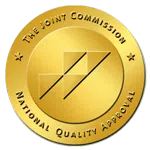
Recovery from addiction is a unique journey, often requiring individualized treatment plans and a tailored approach. Inpatient rehabilitation, or residential rehab, is one of the most intensive and effective options for those seeking recovery from substance abuse. However, the duration of inpatient rehab can vary based on multiple factors. In this blog post, we will delve into the inpatient rehab process, examining the factors influencing its length and the benefits of extended stays.
Understanding Inpatient Rehab
Inpatient rehab involves staying at a specialized facility for a specified period to receive comprehensive treatment for addiction. These programs offer a structured and supportive environment where individuals can focus solely on their recovery without the distractions and triggers of everyday life.
Factors Influencing the Duration of Inpatient Rehab
The length of an inpatient rehab program is not one-size-fits-all and can be influenced by several factors:
1. Severity of Addiction: The extent of an individual’s addiction can significantly impact the duration of inpatient rehab. Those with severe or long-standing addiction issues may require longer stays to address their complex needs.
2. Substance of Abuse: The type of substance being abused can also influence the duration of rehab. Some substances, like opioids or alcohol, may require more extended detoxification and withdrawal management.
3. Co-Occurring Disorders: Individuals with co-occurring mental health disorders, such as depression or anxiety, often need integrated treatment. Addressing both addiction and mental health simultaneously may require an extended stay.
4. Personal Progress: The pace at which a person makes progress in their recovery can vary. Some individuals may require more time to fully engage in therapy, build coping skills, and establish a strong support network.
5. Treatment Plan: The specific treatment plan developed for an individual plays a significant role in determining the duration of inpatient rehab. Comprehensive plans tailored to a person’s needs may extend the stay to address all aspects of their addiction.
Benefits of Longer Stays in Inpatient Rehab
While the duration of inpatient rehab can vary, longer stays often offer several advantages:
1. Deeper Healing: Addiction recovery is not just about quitting substances; it’s about addressing the underlying issues that led to addiction. Longer stays allow individuals to delve deeper into their emotional and psychological struggles, facilitating more profound healing.
2. Skill Building: Extended stays provide more time to acquire and practice essential life skills, coping mechanisms, and relapse prevention strategies.
3. Better Relapse Prevention: Longer rehab durations often result in more robust relapse prevention plans. Individuals can identify and address potential triggers and develop a stronger foundation for maintaining sobriety.
4. Stronger Support Systems: Building a supportive network is crucial for sustained recovery. Longer stays allow individuals to foster relationships with peers in rehab and establish connections with aftercare resources and support groups.
5. Enhanced Treatment Completion: Research suggests that completing a more extended inpatient rehab program is associated with better treatment outcomes and reduced rates of relapse.
Typical Duration of Inpatient Rehab Programs
Inpatient rehab programs can vary in length, with options ranging from 28 days to several months. Here are some common durations:
1. 28-30 Days: Many inpatient rehab programs are designed for a standard 28- to 30-day duration. While this may not be sufficient for everyone, it can provide a solid foundation for recovery.
2. 60 Days: A 60-day program allows for more in-depth treatment and increased skill development. It is often recommended for individuals with moderate addiction issues.
3. 90 Days: A 90-day program provides even more time for comprehensive treatment, particularly for those with severe addictions, co-occurring disorders, or a history of relapse.
4. Extended Programs: Some inpatient rehab centers offer extended programs that can last six months or longer. These programs are typically designed for individuals with complex needs or a history of chronic relapse.
Individualized Treatment Plans
It’s important to note that the best duration for inpatient rehab should be determined through a comprehensive assessment and consultation with addiction professionals. Each person’s needs and circumstances are unique, and their treatment plan should reflect that individuality.
The Continuum of Care
While the inpatient rehab process is a critical phase of recovery, it’s just one part of the continuum of care. After completing inpatient treatment, individuals often transition to outpatient care, ongoing therapy, and support groups to maintain their sobriety.
Conclusion
The inpatient rehab process is a significant step towards recovery from addiction. The duration of an inpatient program can vary based on the individual’s needs, the severity of addiction, and the treatment plan. Longer stays can provide individuals with a more comprehensive and lasting recovery, but the ideal duration should be determined by professionals based on a thorough assessment. Regardless of the length of stay, inpatient rehab is a crucial foundation for building a healthy, substance-free life. It offers the opportunity to heal, learn, and develop the skills necessary for a successful journey to recovery.





Comments are closed.